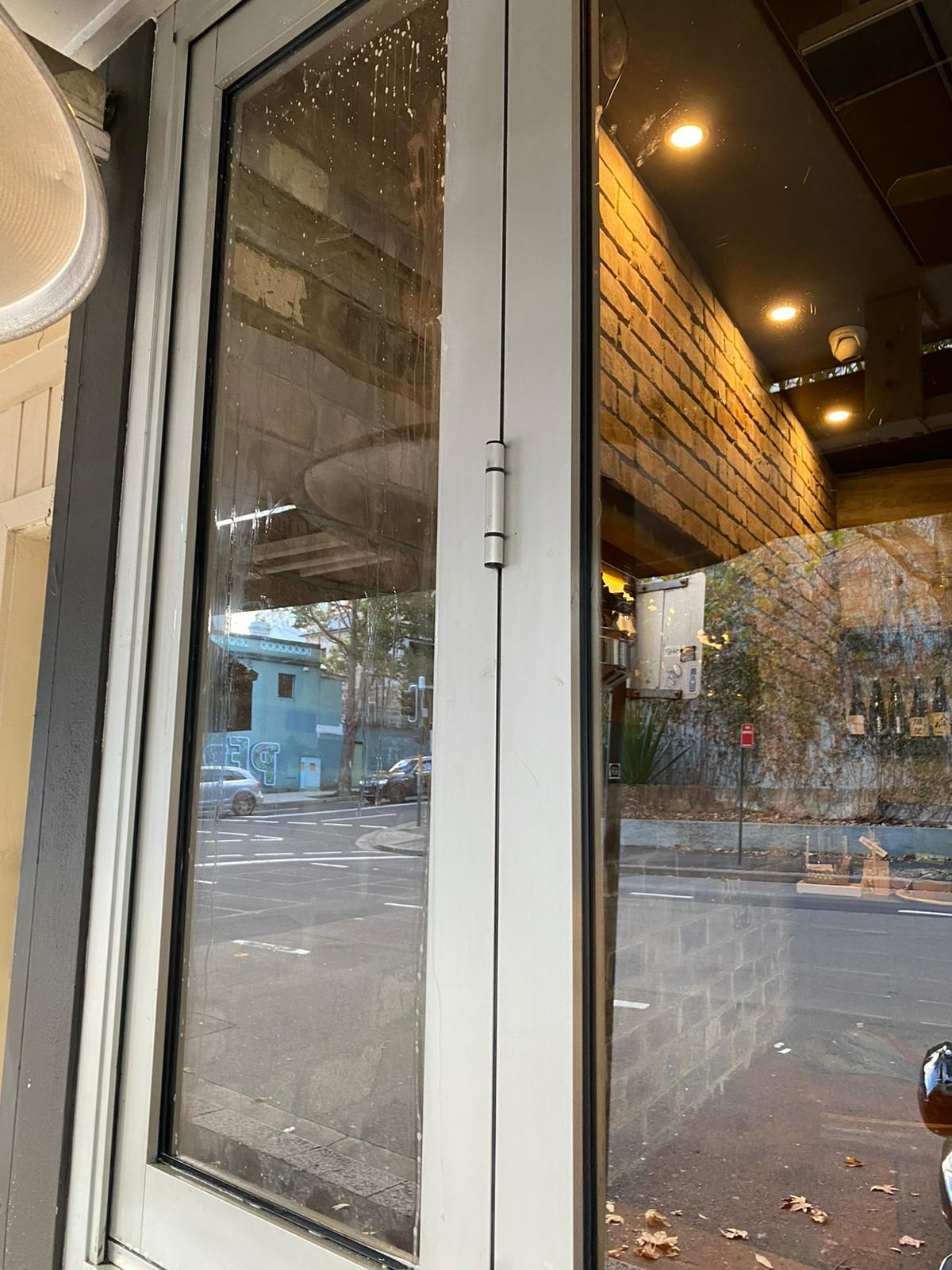When it comes to window glass replacements, understanding the cost factors involved can help you budget effectively and make informed decisions. The price of window glass replacement can vary significantly based on various factors, including your location, the type of glass, window size, and additional features.
In this blog, we'll delve into the key cost factors you should consider when planning a
window glass replacement near you.
Type of Glass
The type of glass you choose for your replacement windows plays a significant role in the overall cost. Here are some common types of glass and their price ranges:
Single-pane glass:
Single-pane glass is the most basic and least expensive option. It provides minimal insulation and is less energy-efficient compared to other types of glass. However, it is a budget-friendly choice for those with limited funds.
Double-pane glass:
Double-pane windows consist of two layers of glass separated by an insulating space filled with gas, typically argon or krypton. These windows offer improved insulation and energy efficiency, making them a popular choice. They are generally more expensive than single-pane glass but offer long-term energy savings.
Triple-pane glass:
Triple-pane windows feature three layers of glass and two insulating spaces. They provide the highest level of insulation and energy efficiency. While they are the most expensive option upfront, they can result in significant energy savings over time.
Low-E (Low Emissivity) glass:
Low-E coatings are applied to the glass to reflect heat and UV rays while allowing visible light to pass through. These coatings improve energy efficiency and can add to the cost of the window.
Laminated or tempered glass:
These types of glass are designed for safety and security. Laminated glass consists of layers of glass with a plastic interlayer, making it shatter-resistant. Tempered glass is heat-treated to be stronger than regular glass and breaks into small, less hazardous pieces if shattered. Both options are more expensive than standard glass.
Window Size and Style
The size and style of your windows also impact the cost. Larger windows require more materials and labour, making them more expensive to replace. Additionally, custom or specialty window styles, such as bay windows or arched windows, tend to be pricier due to their unique designs.
Frame Material
The material of the window frame can affect the overall cost of replacement. Common frame materials include:
Vinyl:
Vinyl frames are affordable and low-maintenance. They offer good insulation properties and are budget-friendly.
Wood:
Wood frames are aesthetically pleasing and provide excellent insulation. However, they are often more expensive than vinyl or aluminum frames.
Aluminum:
Aluminum frames are durable and low-maintenance, but they are not as energy-efficient as vinyl or wood frames. They typically fall in the mid-range in terms of cost.
Fiberglass:
Fibreglass frames are renowned for being strong and economical. They are generally on the higher end of the price spectrum.
Customisation and Features
Customisation options and additional features can add to the cost of window glass replacement. Some factors to consider include:
Grilles or grids:
Adding grids or grilles to your windows for a more traditional or decorative look can increase the cost.
Tints or coatings:
Applying tints or energy-efficient coatings, such as Low-E coatings, can improve energy efficiency but will also raise the price.
Hardware and locks:
Upgrading hardware and locks for improved security and functionality can add to the overall cost.
Specialty shapes or designs:
If you opt for non-standard window shapes or designs, expect to pay more for customisation.
Installation Costs
The cost of installation is a significant component of window glass replacement. Hiring a professional window installation service like Alpha Glass & Glazing is typically more expensive than DIY, but it ensures proper installation, which is crucial for the longevity and performance of your new windows.
Location and Labor Costs
Depending on your location and regional labour rates, labour costs can change. In areas with a higher cost of living, you can expect higher labor costs. Additionally, the complexity of the installation and the accessibility of the window materials can impact labour expenses.
Number of Windows
The number of windows you're replacing will directly affect the overall cost. Replacing multiple windows at once may provide some cost savings compared to replacing them one by one.
Permit and Inspection Fees
In some areas, you may need to obtain local permits and undergo inspections for window replacement projects. You should account for these extra costs and time in your spending plan.
Removal and Disposal
The removal and disposal of old windows can also add to the cost. Some professionals include this service in their quotes, while others may charge separately.
Warranty and Maintenance
Consider any warranties or maintenance plans offered by the window manufacturer or installation service. While these may add to the initial cost, they can provide valuable protection and peace of mind in the long run.
Energy Savings
Lastly, it's essential to consider the potential energy savings associated with upgrading to more energy-efficient windows. While energy-efficient windows may have a higher upfront cost, they can lead to lower utility bills over time, offsetting some of the initial expenses.
The cost of window glass replacements near you is influenced by several factors, including the type of glass, window size and style, frame material, customisation options, installation costs, location, and more.
It's crucial to weigh these factors carefully and obtain quotes from reputable professionals to make an informed decision that aligns with your budget and energy efficiency goals. While upfront costs are important, it's also essential to consider the long-term benefits and potential savings associated with high-quality replacement windows.

